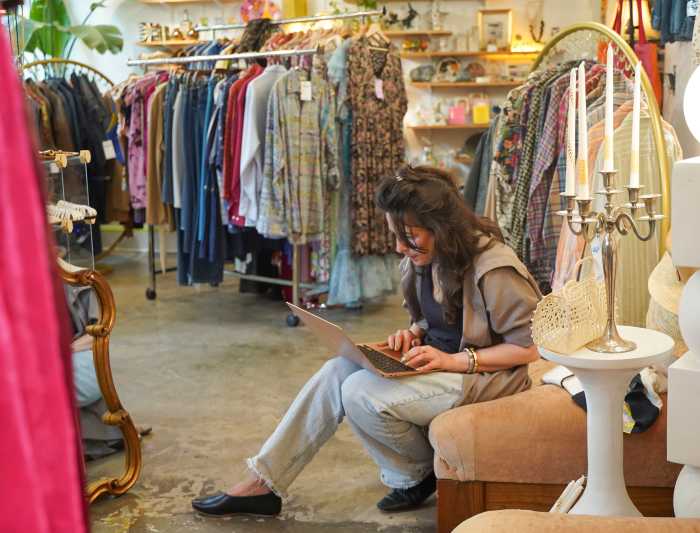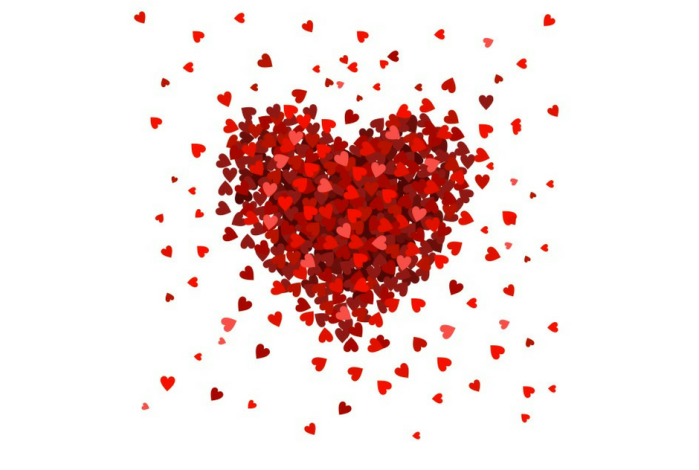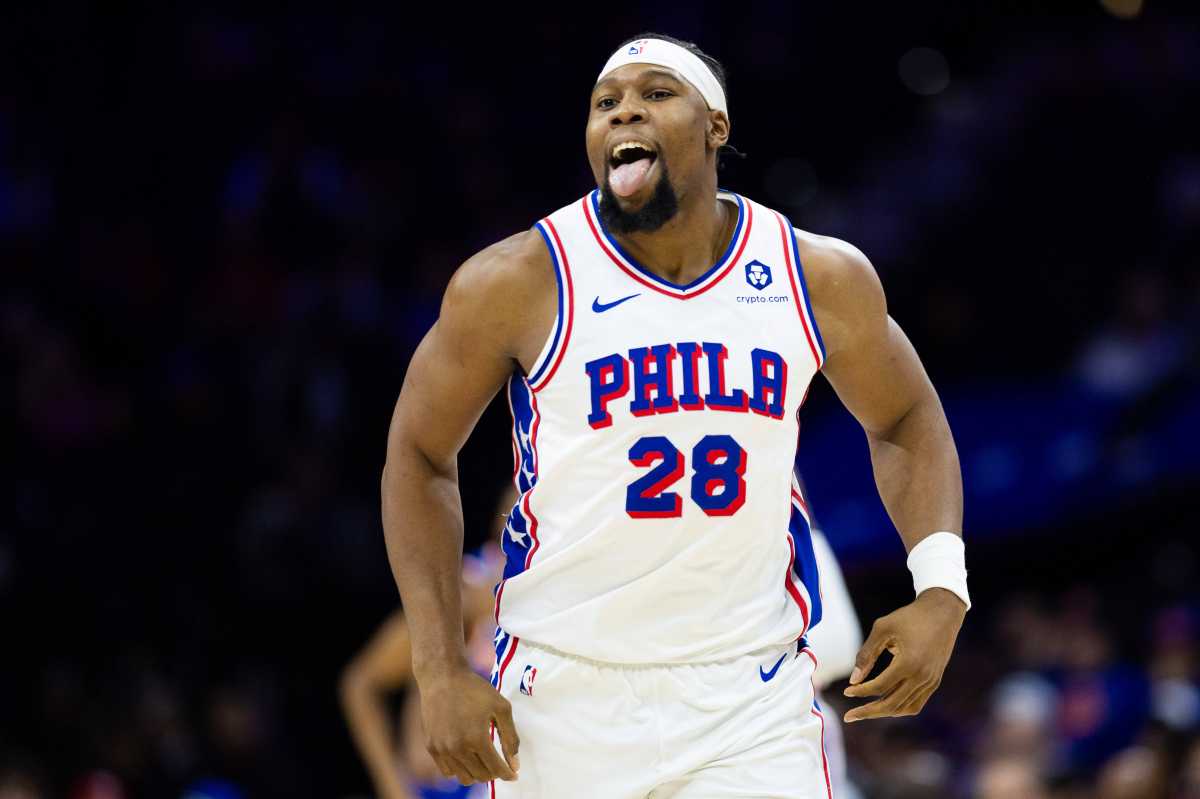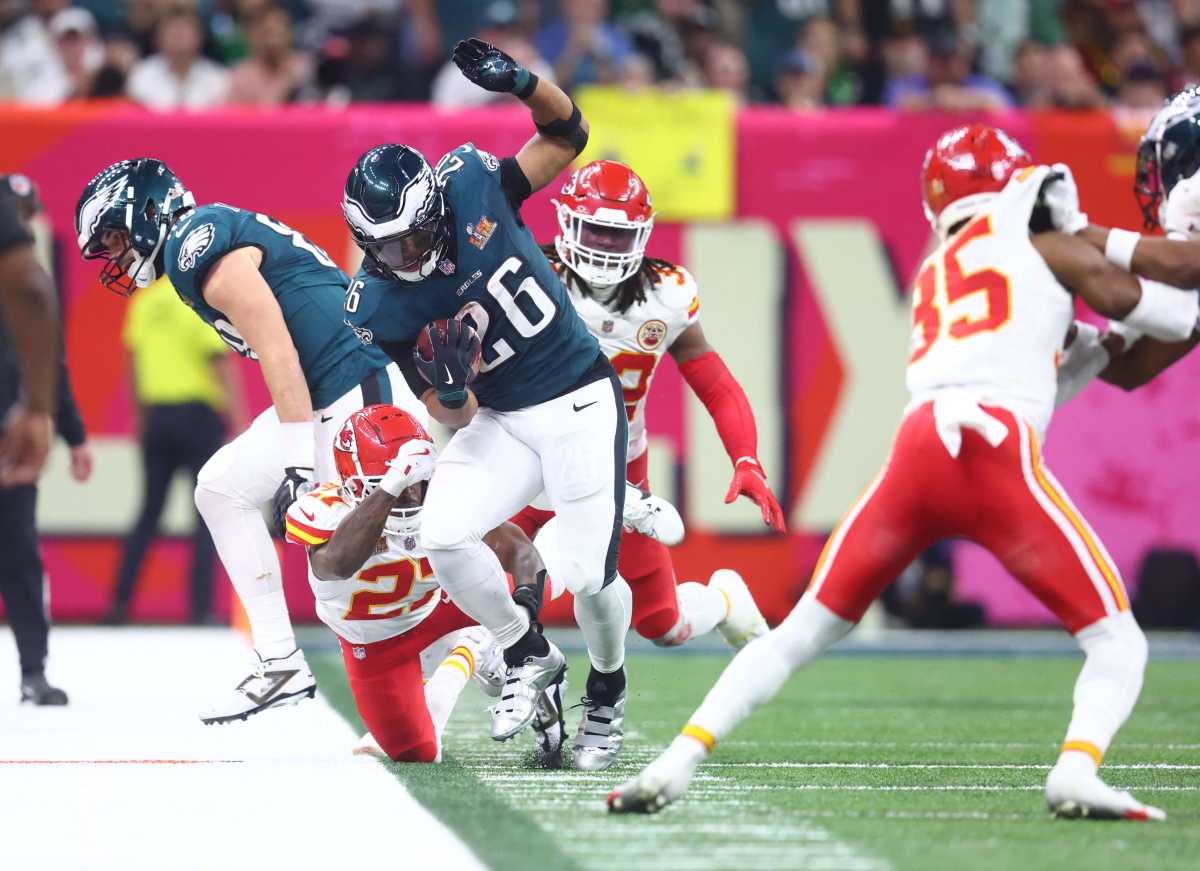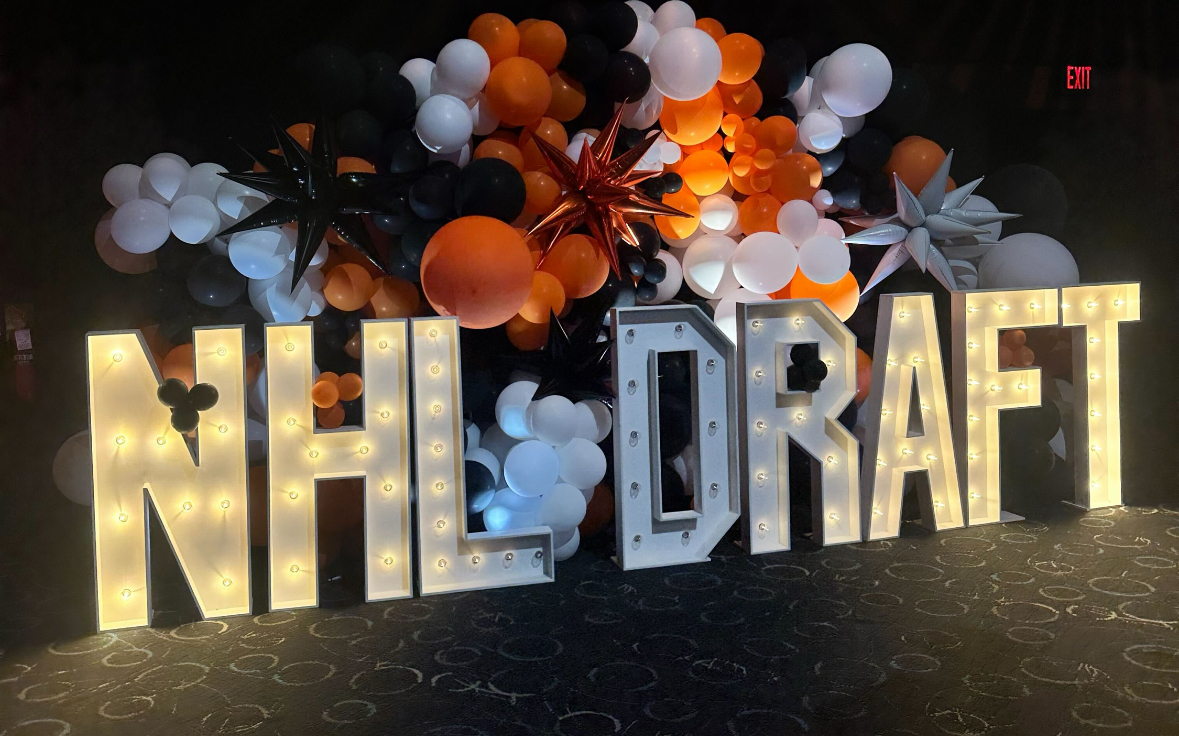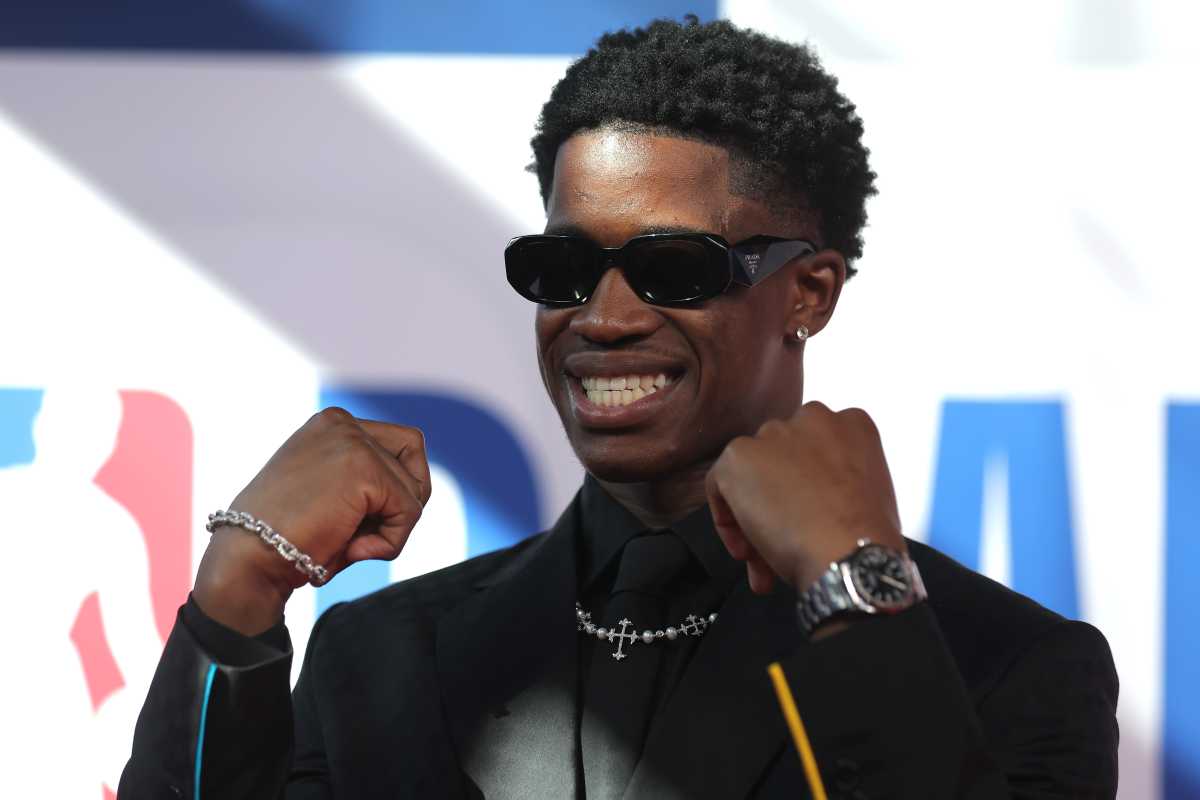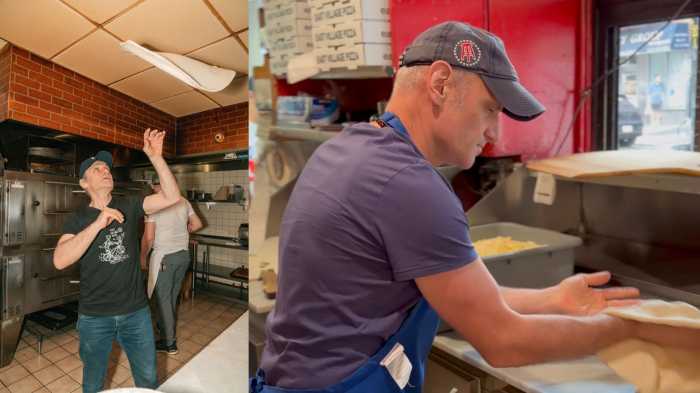By Luz Lancheros, MWN
“Social washing” is one of the most popular terms of this year. It has been seen in various causes for several years, but never like the Black Lives Matter movement. Feminism, race and ecology have been seen parading through the social network posts of many brands, but just like fake handbags, it was noticeable from miles away. Social washing was raised to define all brands that claim to be one thing but in their practices, products or creative processes continue with oppression.
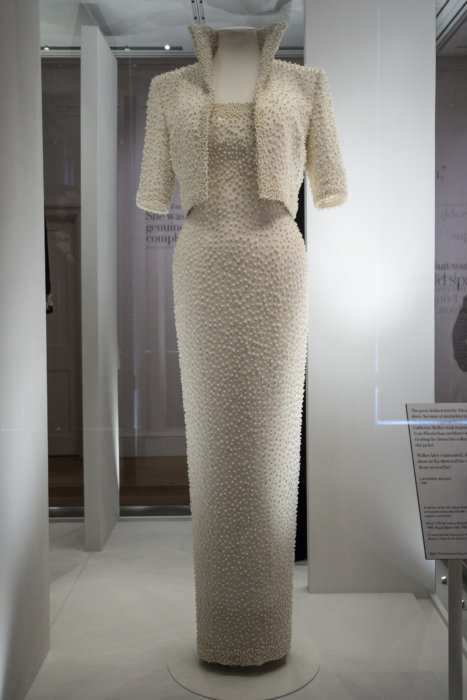
However, not all companies have followed this path plagued with inconsistencies. Some of them demonstrated this year (and for the future) how they have listened to their consumers and society. Metro highlights some of them.
The brands that already knew everything
Some brands have already predicted a dystopian future several years ago, responding artistically to climate change and its challenges. The latest to do so was Marine Serré, who showed protective fashion at the last two catwalks, as well as dystopian scenarios and masks just before the pandemic. Now, according to Lyst’s “Year in Fashion 2020” report, thanks to celebrities like Dua Lipa, Kylie Jenner, Selena Gomez and, above all, Beyoncé with her one-piece in Black Is King, the brand reached a stratospheric search level, rising 426 percent in 48 hours.
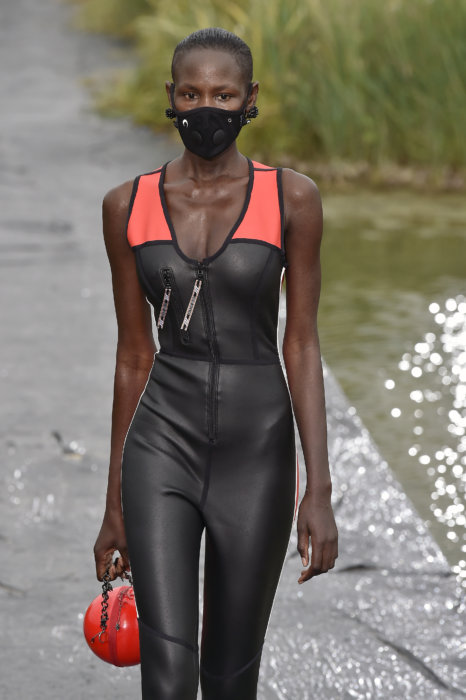
Balenciaga, on the other hand, found a new frontier in the digital world with the reinterpretation of deconstructed urban pieces through a video game: it is not just buying clothes online, but generating a real and unique interaction.
The diverse brands
Many brands have raised diversity as a flag, although this premise has not worked for all of them. In fact, some of the brands that posted in favor of the Black Lives Matter movement were unmasked by accounts like Diet Prada for their hypocrisy over labor practices and racist editorial policies.
However, this has not been the case, for example, with brands like Rihanna’s Savage x Fenty, which had a very successful show in 2019 (you can even watch it on Amazon) and it repeated this year: bodies of absolutely every size, a superior assembly that has supermodels like Bella Hadid and a show that confirmes that the fashion of the future is not in a false inclusion that reaches a certain type of body or size, but that attends to its true needs. Two artists who represent the current international fashion scene took part in the event: Rosalía and Bad Bunny, among other stars.
For its part, Gucci showed a men’s collection against those stereotypes that have been attributed to it for centuries even before the pandemic, with naive shirts, pastel colors and dresses.
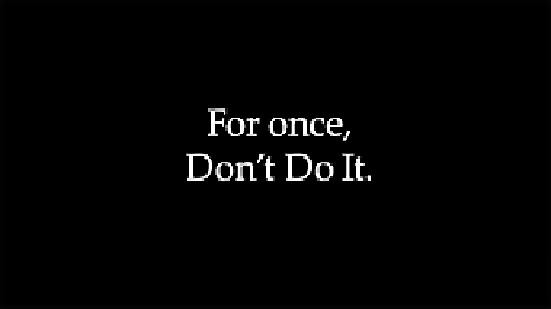
The committed brands
There are brands that have taken social causes seriously. Glossier, among others, donated up to $1 million to foundations that support the African-American community in the United States and beauty businesses created by African-Americans. Nike and Adidas, for their part, made a joint announcement in the weeks following the rise of Black Lives Matter.
Non-gendered brands
While there are people like Harry Styles who posed for Vogue in a dress—and that’s a novelty at the editorial level for a heterosexual cisgender man—there are brands that go beyond that and will generate true gender revolutions. This is the case of Eiji, Nudie Jeans, No Sesso, or the One DNA, which has become popular with the T-shirts bearing the “We should all be them” logo, without any gender distinction of any kind, to reply to Dior’s pieces stating “We should all be feminists.”
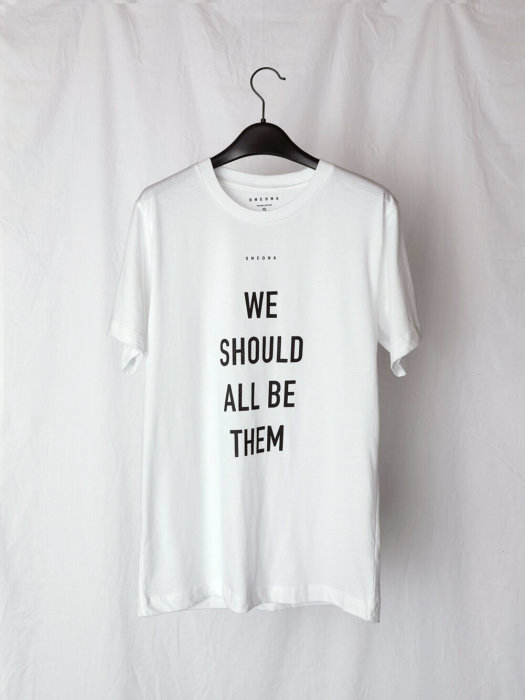
The new desire
Brands such as Telfar, 1017 ALYX 9SM, Pyer Moss, Casablanca, Martine Rose, Chinatown Market and Sun Dead, among others, as well as Fear of God, show—according to Lyst—how the consumer’s taste for versatile garments has been shaped. They are still in the line of streetwear with power in minimalism, urban and comfort. For example, Fear of God, with over 1.8 million followers, has become famous for influencers like Justin Bieber and collaborations with Ermenegildo Zegna.




